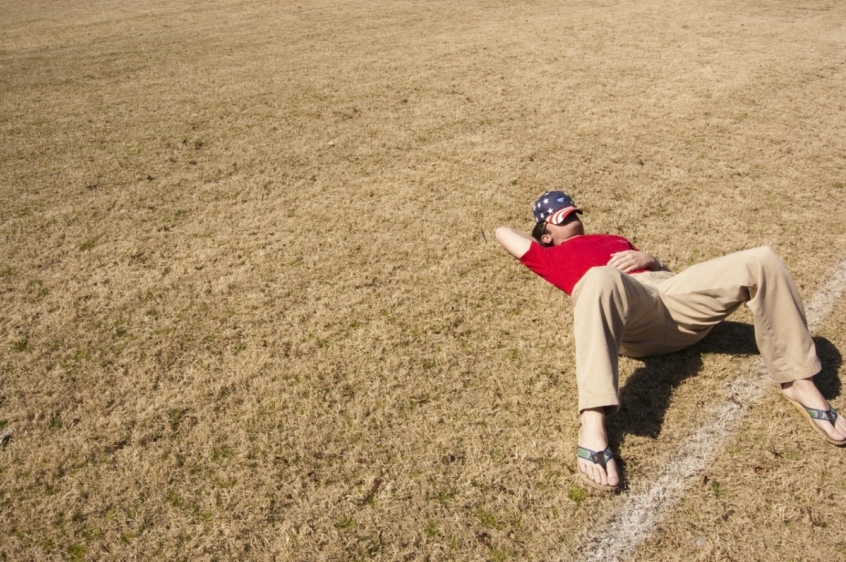
Are naps truly necessary? Even though it might be enticing to take a short break from one's day-to-day activities, some people avoid naps because they have so many things to accomplish and there's not enough time.
However, health experts are encouraging people to reconsider the way they view naps. In fact, they believe taking short naps everyday can be beneficial to people.
For one thing, taking an hour-long nap everyday can help people remember things. A study conducted by researchers in Germany revealed that people who nap did better in remembering specific words and pairs. They conducted a simple test on participants by letting half of them take a nap while the other half watched a DVD. After, they were given a memory test and the nap group did five times better than the DVD group.
Another good case for naps is that it helps people become more patient. Researchers from the University of Michigan published a study in the journal Personality and Individual Differences and wrote that nappers were better in dealing with frustrating tasks.
Participants were tasked to draw geometric designs on a computer screen, and those who took an hour-long nap before the exercise managed to draw for 90 seconds. In comparison, those who watched a nature documentary instead of napping gave up after just 45 seconds.
Lastly, napping can actually help prevent heart disease. This is what Michael Twery of the National Heart Lung and Blood Institute told The Washington Post about a study made on 23,000 Greek adults who regularly took "siestas" or mid-day naps. The study showed that these individuals are less likely to die of a heart disease.
"Napping may help deal with the stress of daily living," he said. "Another possibility is that it is part of the normal biological rhythm of daily living. The biological clock that drives sleep and wakefulness has two cycles each day, and one of them dips usually in the early afternoon. It's possible that not engaging in napping for some people might disrupt these processes."













